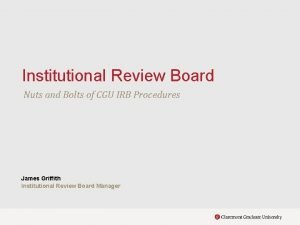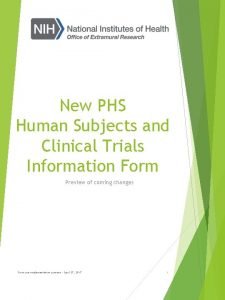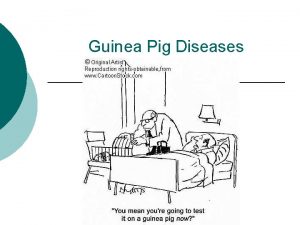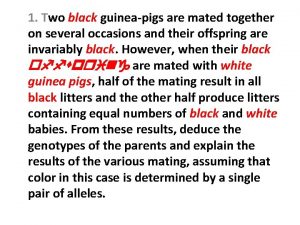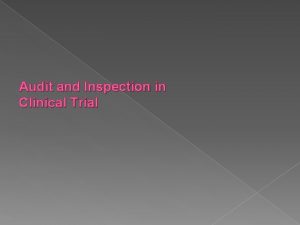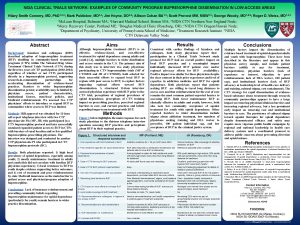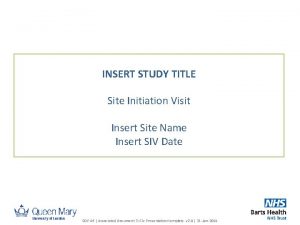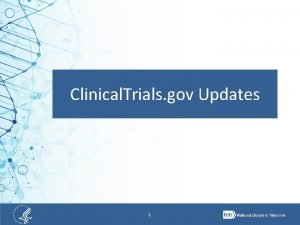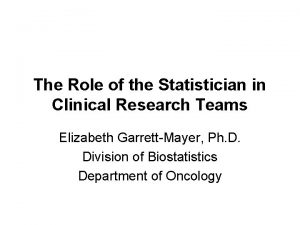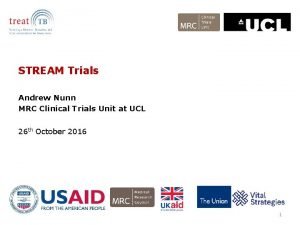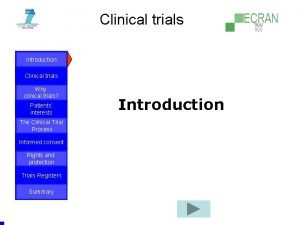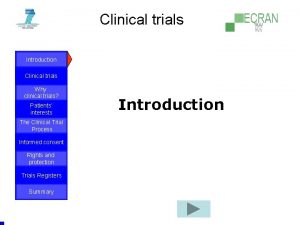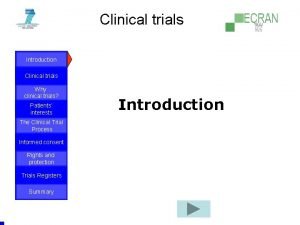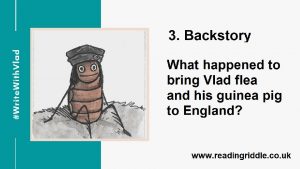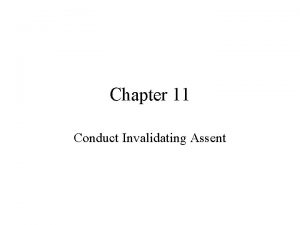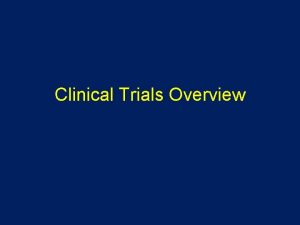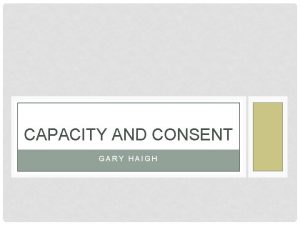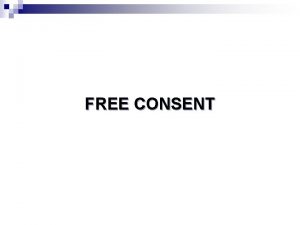Clinical Trials Human guinea pigs Consent and assent









- Slides: 9

Clinical Trials Human guinea pigs?

Consent and assent • Assent is a person’s agreement to participate in research but it is not a legal requirement • Children should have an understanding about the research and what is involved and be given the opportunity to ask questions/ express concerns • BUT the informed consent of the parents or guardians is needed before a person under 16 can take part in a clinical trial (even with the child’s assent)

Who should decide? • At what age should a child be able to say ‘Yes’ or ‘No’ to participation in research? • Is there a difference between the two? • How important is it that the child understands the purpose of the research?

Parent view My daughter will be nine years old and she needs some kind of input in what's going on with her…. She's presently in a study and I need for her to be able to understand what she's getting herself into…. She's at the point where she asks a lot of questions … which is good.

Placebo • A group of patients is often placed on placebo treatment during a clinical trial • This is important to demonstrate that the new drug is effective • If an effective treatment is available, withdrawing that and use of a placebo is considered unethical • If there is no effective treatment, placebo may be ethical until the new treatment were seen to be effective

Parent view… I knew that my son may be on placebo from the very first injection. I was not prepared for how I would feel facing 48 weeks of travelling to another country once a week so that we could potentially inject my son with saline solution. I was not prepared for how it would feel to hand him over to a surgeon to have him cut open twice looking for dystrophin that we might never find.

Should placebos be used? • If you had to make the rules about the use of placebos, what would they be and why?

Over to you… • In your groups consider the questions below and decide who will give feedback to the group – At what age should a child be able to say ‘Yes’ or ‘No’ to participation in research and why? – Is there a difference between the two? – How important is it that the child understands the purpose of the research? – If you had to make the rules about the use of placebos, what would they be and why? – What difference does it make if the trial involves children? If the trial is for a terminal disease?

